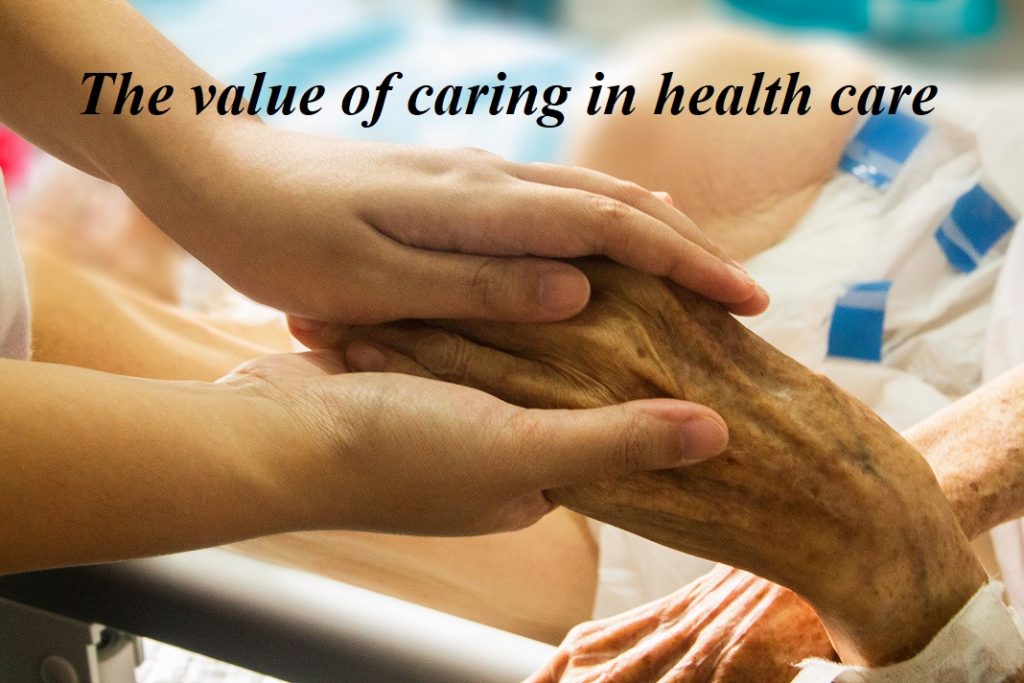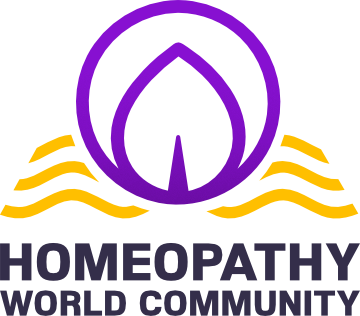Is providing a comfort zone, a healing action?

We are living in a highly technological age in which a patient is ever more deprived of a caring interaction with his or her health care provider. Increasingly machinery and robotics replace human work force even in the processes of diagnosis, therapy and convalescence; Care personnel is progressively being reduced and burdened with ever more tasks, and the time available for the human interaction between carers and their patients diminished to a minimum. As a consequence, the patient rarely gets the full and lasting attention in the therapeutic encounter that permits him or her to perceive it as comforting and supportive.
While this holds true for the consultation at a doctors clinic, it particularly is emphasized where a patient is hospitalized. The state of illness alone is a source of anxiety and feelings of vulnerability to the patient, and undoubtedly this is heightened by the non-habitual environment, the apparatuses and the engagement with care personnel.
Studies and experience in practice have shown that factors such as being attentive of a patients story, being empathic of his or her concerns, and communicating informatively, can impact the course of illness positively, and can promote recovery from illness.
Therefore, caring, in a professional context, should not only refer to the action of tending to a patients physical ailments, it should also incorporate the supportive care of the patient on the mental-emotional level. The creation of a comfortable situation, on the basis of trust and acceptance can facilitate an increased ability to heal in the patient. In such a supportive union, where there is compassion and true concern, a patient may, more readily, accept the need for external care by the medical provider, may be able to give up some of the responsibility for him-or her-self, and may more confidently place it into the hands of a practitioner. Likewise, a patient may hence develop greater compliance with the treatment to be received, and this may be just as valuable for the recovery of the patient as the provision of the physical care that his or her state may require.
Emphasis should therefore be placed on attaining and maintaining such supportive environments and educating professionals accordingly. Sadly however, the current development in health care is reductionist of this element, and ever less time is expended, in particular in conventional health care, to the patient-practitioner environment. Conventional medicine lacks the time for the patient in the consultation, making a deeper engagement and the creation of a comfortable union, near to impossible. The holistic therapies are at an advantage in this matter. They have the therapeutic relationship and the creation of a comfortable union, manifest in, and fundamental to their case-taking practice.
copyright Uta Mittelstadt 2020

